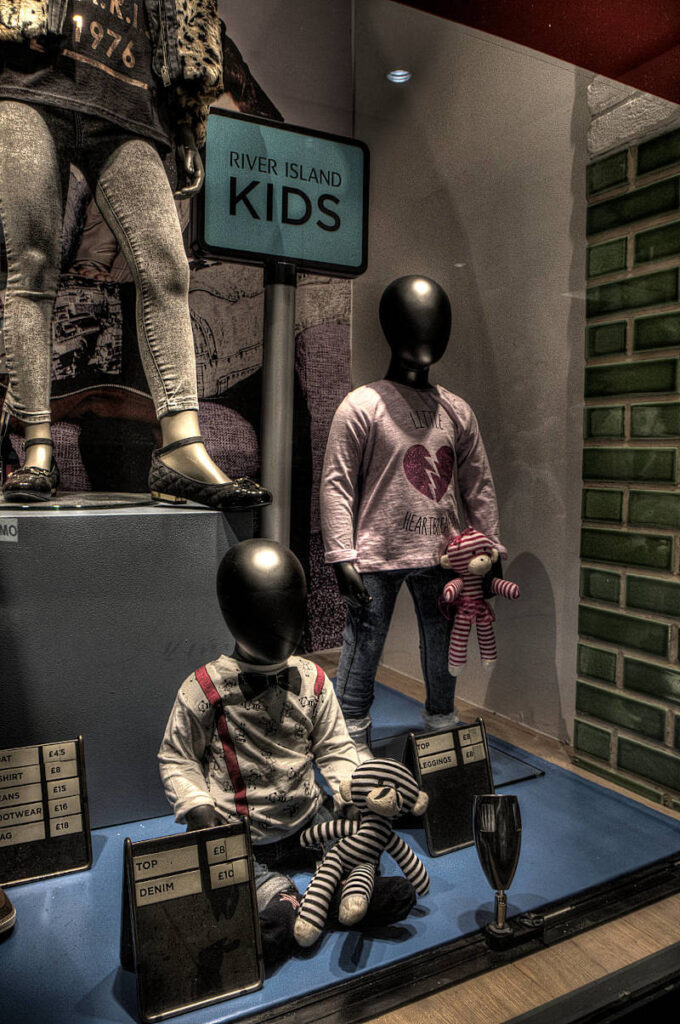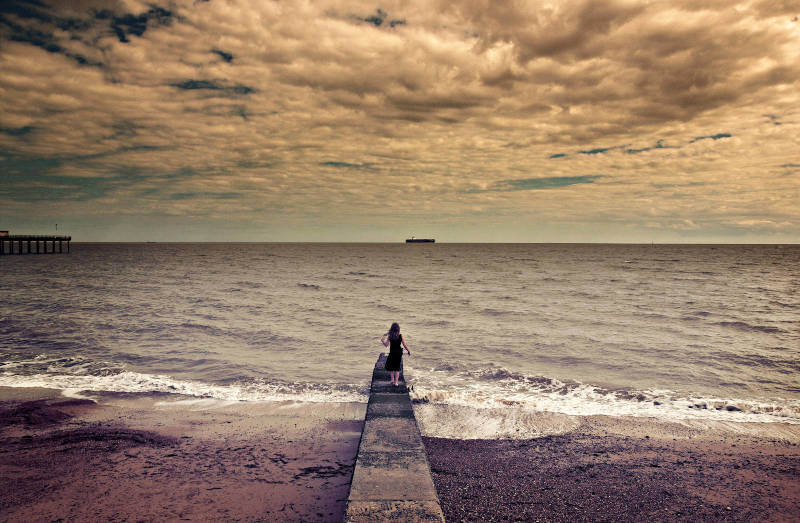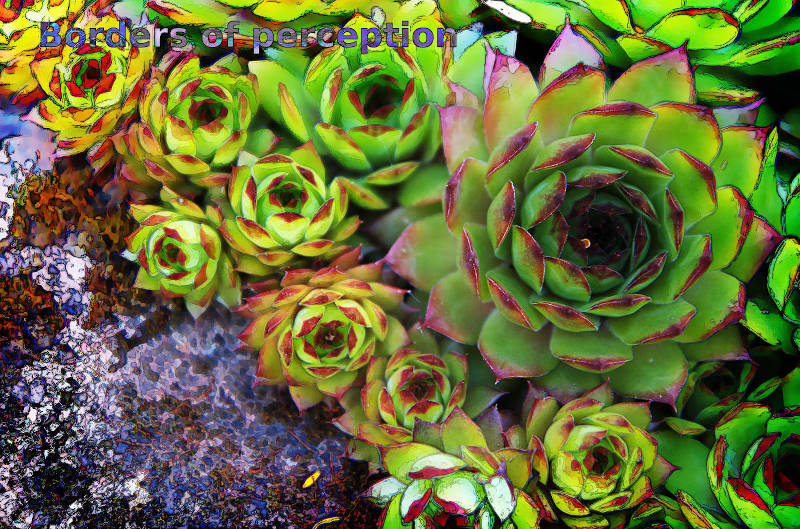
Faceless, but colour-coded:
blue for boys,
pink for girls.

The world you know is inside your head.
By definition.
Snug and warm inside.
Your room, your toys, your books, your lamp –
as always lit with dim and cozy light,
the outside reflected and repeated,
a melody with no discordant notes
to irritate or frighten.
Rhythm of life.
And then, there is the sea.
It’s just as rhythmic,
but outside.
Emphatically foreign,
indifferent, ineffable, intruding –
intriguing and frightening.
It’s here.
Its presence undeniable,
its noise –
persistent, if not loud.
It is here.
You have a choice:
retreat or take a dive?

In his preamble to ‘Life – A User’s Manual’ Georges Perec talks about the contextual nature of perception, as seen in jigsaw puzzles. He explains how, by manipulating the cut of the pieces and thus taking them out of context, the puzzle-maker can completely determine the puzzle-solver’s experience, ‘the ultimate truth of jigsaw puzzles’. I can, of course, sympathise with his desperate hope that the author can determine what the reader experiences while reading his book. But it is delusional. Our perception of an image, a text, or, in fact, a reality is largely determined by our biases and habits of thought. Politicians and advertisers prove it over and over again by inducing a large percentage of the population to ignore what is – in favour of what they think ought to be. So, don’t get unduly upset at writers and artists. They want to believe that they are movers and shakers – and who doesn’t? In fact, they are at best co-conspirators.